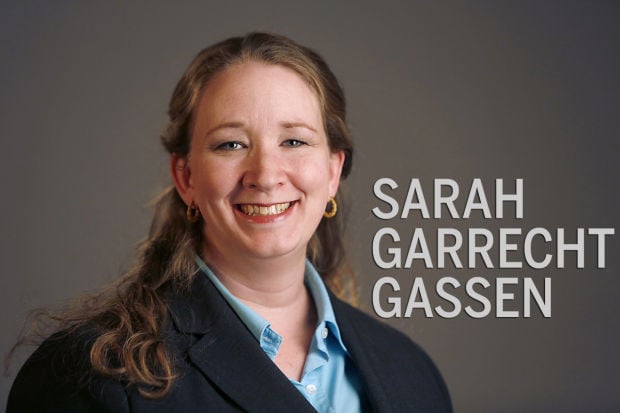Babies pay attention to everything. It’s how we, as humans, grow.
The first 1,000 days of a child’s life can set the trajectory for the rest of her life.
What she sees, hears and feels during these crucial days directly affects how her brain develops and how it is wired. Infant brains make 700 new neural connections every second. And that flurry of capacity building — called cellular plasticity —begins to decline by the age of 5, pediatrician Dr. Dipesh Navsaria explained at the annual “Leaders for Early Education Breakfast,” organized by the United Way of Tucson and Southern Arizona, earlier this week.
Navsaria, who is an assistant professor of pediatrics at the University of Wisconsin School of Medicine and Public Health, made a compelling case. He said early childhood learning is part of a community’s infrastructure, as important as building and maintaining roads and bridges. If we’re not “investing in the infrastructure of young brains,” we’re saying that our own future isn’t worth the investment.
The typical American approach to education — start kindergarten at age 5 or 6 — begins far too late in a child’s life, he said. Problems with reading, speech, fine and gross motor skills should be tackled as early as possible.
“We cannot wait for school intervention,” Navsaria said. “Our investment in kids is later, but plasticity peaks early.”
Only 16.5 percent of Pima County 3- and 4-year-olds are enrolled in a high-quality early childhood education program, according to data gathered by the local Cradle to Career partnership.
These months and years build a person’s lifetime foundation.
If a child is exposed to sustained toxic stress during this time — the hardships of poverty (which affects 29 percent of Pima County residents 24 and younger), homelessness, hunger, violence, hearing arguments — his brain will be wired to deal with the needs of right now. “Your brain never wires for the long-term,” Navsaria said. “They’re wired for immediate survival and how to preserve themselves.”
Navsaria’s definition of early childhood education is inclusive. Reading with your child, talking to your child even before he says his first word, asking him questions, pointing out objects — like a tree outside the window — and talking about them makes a tremendous difference in how a child’s brain develops.
He works with organizations that get books into the hands of young kids. As a pediatrician, he writes prescriptions for his small patients instructing them, and their families, to read together.
Sometimes, though, these things are easier prescribed than done.
Navsaria said he’s had parents explain that they don’t talk to their baby or toddler because the child doesn’t know how to talk yet — they didn’t realize how crucial that communication and interaction is to development and learning to speak.
And it’s essential to reassure parents who aren’t comfortable with reading, or who can’t read at all. “We need to tell them, we need you — you are important to your child.”
The personal connection between a child and adult is irreplaceable, Navsaria said. Growing minds need interaction, that back and forth of a smile, a goofy face, a word, a pat on the tummy. That doesn’t happen if the adult is on the phone, or parking the baby in front of the TV, even with an “educational” DVD on the screen.
Children need to interact with other people. “It’s people, not products,” Navsaria said. “It is relationships that build development.”
Tucson is fortunate to have multiple organizations geared toward helping kids. Many are connected or work together. A few: Read On Tucson, which is affiliated with the United Way of Tucson and Southern Arizona; Literacy Connects and its Reading Seed program; Make Way for Books; and the Tucson Festival of Books.
But we can all help our youngest friends grow to be their best. It can be as quick as a hello to a child in the next grocery cart, or a wave to the baby in the stroller.
With kids, every smile counts.





